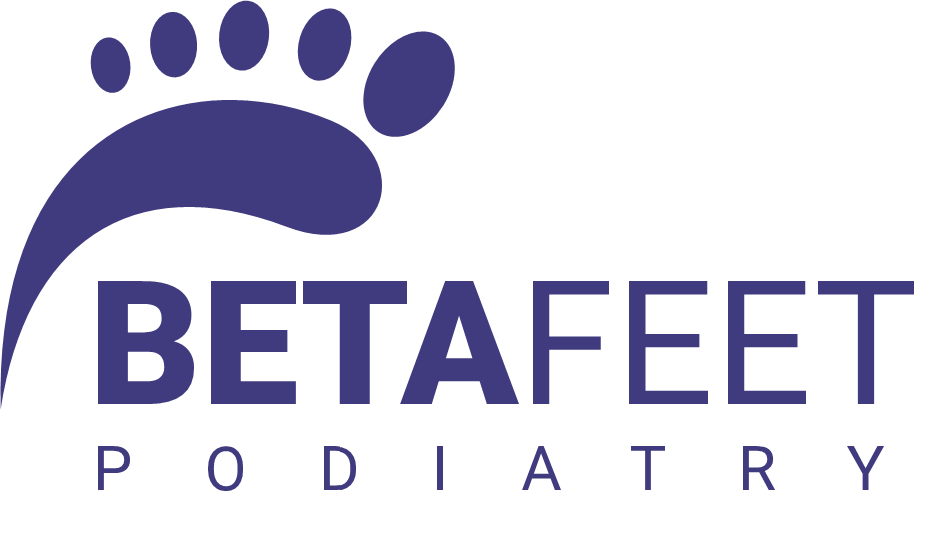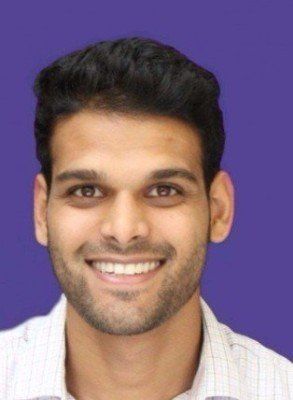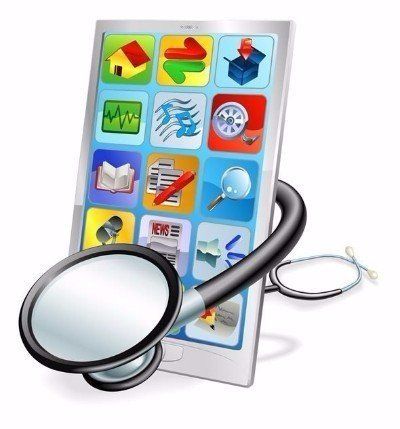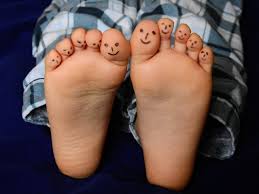Betafeet Podiatry catches up with Andre Ferreira
Andre was an associate podiatrist at Betafeet for five months. His contributions to the practice were considerable. Sadly we lost him to a higher professional and personal calling.
After a stellar educational background and career, Andre joined babylon Healthcare Services, UK based, with a view to helping them set up and deliver the first digital healthcare pilot services to the NHS. Digital healthcare is a cluster of new and emerging applications and technologies that exploit digital, mobile and cloud platforms for treating and supporting patients. Digital Healthcare is being applied to a wide range of social and health problems, ranging from monitoring patients in intensive care, general wards, in convalescence or at home – to helping doctors make better and more accurate diagnoses, improving drugs prescription and referral decisions for clinical treatment.
Rwanda then beckoned.
Since joining babylon Rwanda in April 2016, Andre has been instrumental in successfully setting up and launching Africa's fastest growing digital healthcare service. According to Lindsey McConaghy, babylon's PR manager, 'Rwanda has a population of around 12 million but doctor numbers are in the hundreds. There’s an imbalance between supply and demand'.
Digital Healthcare is not without its sceptics nor controversies - at what point do you let an app do the diagnosis? Will GPs embrace technology in this way?
Here is Andre's report about his experiences in Rwanda:
Rwanda is a small ambitious country known as the land of 1000 hills with a population around 12 million and a rapidly growing economy. It has rolling hills for as far as you can see, a rain forest, gorillas and volcanoes, making for quite the site to any visitor. However, it is also known for the 1994 genocide in which over 1 million people were killed in 100 days across the country.
This tragic event has led to some very big health issues, which the country still faces, but thanks to a range of donor funding and strong political leadership, the country is on its way to quickly becoming a middle-income country.
As countries shift from low incomes to middle income economies, health issues become complex, where the country can face a mix of communicable disease (ie. malaria, HIV, TB) and the introduction of non-communicable disease (ie. diabetes, high BP, cholesterol) with changes in lifestyles.
Now you are probably wondering what this has to do with podiatry?
Well, as clinicians we play a role in the overall wellbeing of every patient that walks through our door for treatment and we become advocates for a number public health issues. While our specialist area is focused on the foot and ankle, an understanding of the bodily systems is imperative for understanding the impacts on the lower limb. This allows us to transition from clinical practice to other work streams such as health policy, public health programmes, service management and research.
As a podiatrist with a public health background, the increase of diabetes and chronic conditions in developing nations has become of personal interest. In many of these countries, diabetes is poorly understood and without proper prevention and care, can lead to a large economic burdens on the healthcare system. In 2012, the UK alone spent a whopping £639 million on foot ulcers and £662 on lower limb amputations, so the prevention and monitoring of these conditions is of paramount importance in the developing world.
The quality of life for individuals with diabetes is also drastically affected if not controlled, impacting mobility, footwear and overall lifestyle. Additionally, chronic ulceration and limb amputation, creates an increases risk (approximately 80%) of mortality within the first 5 years post amputation.
How did all this lead me to Africa, I hear you say?
In April of 2016, I (sadly) departed from the Betafeet clinic to implement an mhealth project in Rwanda in partnership with the Ministry of Health. This project, allows patients across the country to speak with a doctor and receive a prescription via SMS through their mobile phone, reducing the travel time, wait time and expense of receiving care from one of the local physical hospitals. The system is also working on monitoring both communicable and non-communicable disease using artificial intelligence, engaging patients to take ownership of their health.
This could be a major milestone for a country with stretched resources. To put things into perspective, over 80% of the population lives in remote areas of the country and works in the ‘in-formal’ sector as subsistence farmers with an average income of 2-3 dollars per day, which is not very much. To receive care, a patient may travel over an hour to reach their nearest hospital where a doctor is present and then wait anywhere from a few hours to a few days to receive the care they need. However almost 80% of the population already has a mobile phone.
Appropriate access to clinical care is a large part of the prevention and management of many conditions and undertaking this project has been a great experience. As a clinician, I have had the opportunity to utilise my knowledge to develop operational pathways and input into the technology development to shape the way patients receive their care.
'Footnote'
It is with
this experience I now look to move on to my next adventure focusing on Aboriginals
and the utilisation of technology in the prevention of major non communicable
disease such as diabetes.
Final comment from Reggie Simpson and Betafeet Podiatry
We wish Andre the very best in his future and thank him for this interesting blog account. We look forward to his next blog focused on his work with the Aboriginal population.








